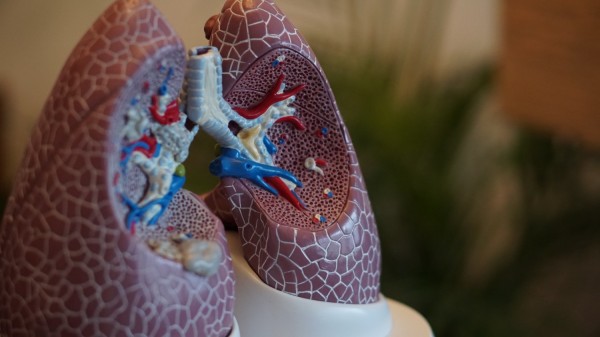Do you know the Lung of a Protein so May Boost COVID-19 Immunity? A protein in the lungs has been found by Australian researchers to adhere to the COVID-19 virus-like velcro and stop it from spreading. Even more, it might explain why some people are immune to the virus while others become gravely ill following exposure.
Greg Neely, a professor of functional genomics at the Charles Perkins Centre at the University of Sydney, coordinated the work alongside postdoctoral researcher Dr. Lipin Loo and PhD candidate Matthew Waller. The study’s findings were released in the PLOS Biology journal on Friday, February 2.
Read More: Facts You Must Know About Kraken Covid Variant
Patient Assessment
The scientists used human cells in tissue culture to conduct a genome-wide search for proteins that might bind to Sars-CoV-2, the virus that causes COVID-19, according to a report in The Guardian.
Every gene in the human genome was turned on using the CRISPR gene-editing technology, and the genes that control how well human cells can bind to the Sars-CoV-2 spike protein, a virus that causes severe respiratory sickness, were found. The spike protein is crucial for the virus’s ability to enter human cells.
This made it possible for Neely and his team to recognize this new receptor protein, which they named the leucine-rich repeat-containing protein 15. (LRRC15).
Novel Immune Barrier

The most gravely ill COVID patients had extremely high levels of this LRRC15 in their lungs, the researchers found when they analyzed the lungs of persons who had died from COVID or other illnesses.
LRRC15 manifests upon Sars-CoV-2 entry into a human organism. It appears to be a new immunological barrier guarding against a severe COVID-19 infection by triggering the body’s antiviral response.
According to researchers, either not enough LRRC15 was produced to safeguard individuals who died from COVID-19, or it was created too late to benefit their health.
According to Neely, this protein is widely distributed in the lungs of COVID victims.
They were unable to study the lungs of COVID survivors because lung biopsies on living people are challenging. They postulate that people with higher amounts of this protein will have survived infections with the COVID virus.
Read More: Facts: Smoking, Alcohol & Junk Food
The outcomes of a second London study that examined the levels of LRRC15 in blood samples and found that they were significantly lower in patients with severe COVID compared to people with moderate instances supports this idea.
According to Neely’s findings, persons with less severe diseases might have higher levels of LRRC15.
Additionally, it was found that LRRC15 is expressed in fibroblast cells that control lung fibrosis, a disease that harms and scars lung tissue. Extended COVID may suffer as a result of the finding that COVID-19 may lead to pulmonary fibrosis.
According to Neely, this unique receptor could be exploited to develop drugs that have broad-reaching benefits, like those that prevent viral infection or lessen lung scarring. He claimed that there are currently no successful treatments for pulmonary fibrosis.



